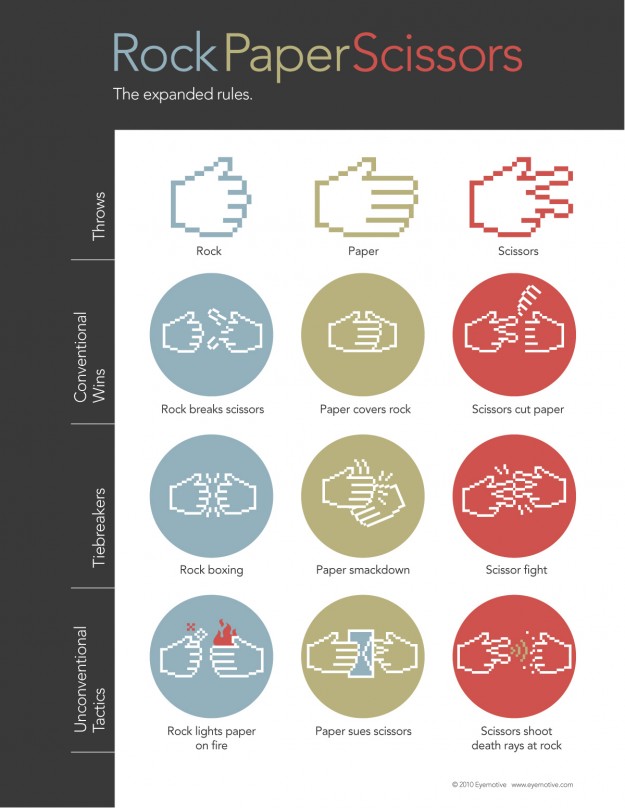Fascinating stuff.
1. youngsters from London and south-east England are more likely to gain places at England's top universities than their northern counterparts. Figures for Oxford and Cambridge show that more southerners apply and a higher proportion get places. In terms of comparable populations, three times as many places go to students from London and the South East as from the North.
2. At Oxford University more students from China gained places than from north-east England.
People might say that the universities have to be more balanced. But I love this quote from Oxford.
Oxford University has argued that it can only choose from the best candidates who apply - it can't put right the inequalities in the school system.
Absolutely. Where do you stop? Are you going to tell a firm that they have to hire more people from the North East? Or how about this? That Doctors have to treat more patients from North East than in South East. Or architects need to make more houses? Ridiculous.

Incidentally, I have studied in Manchester and at Kings College…hmmm, much to think about.
